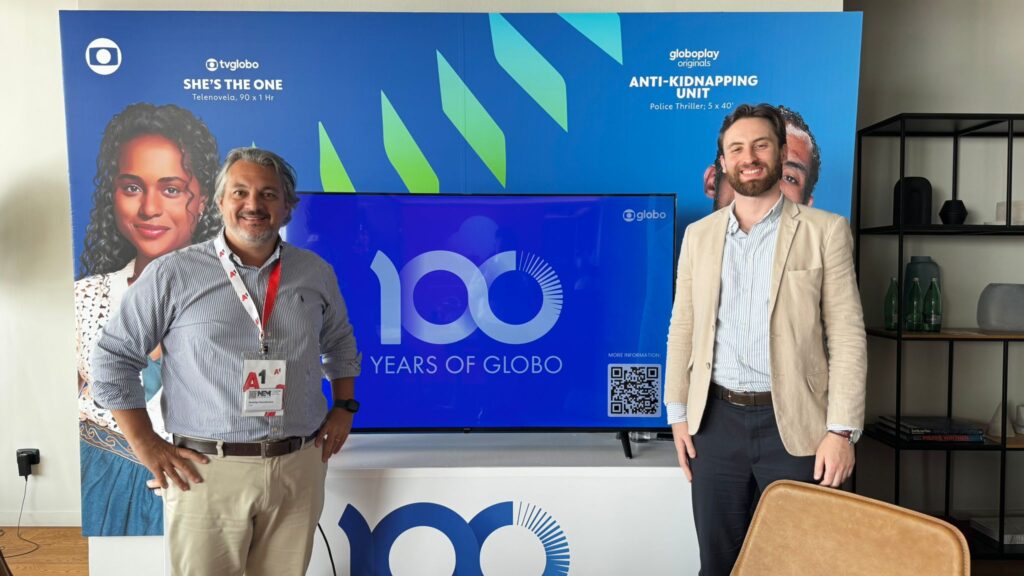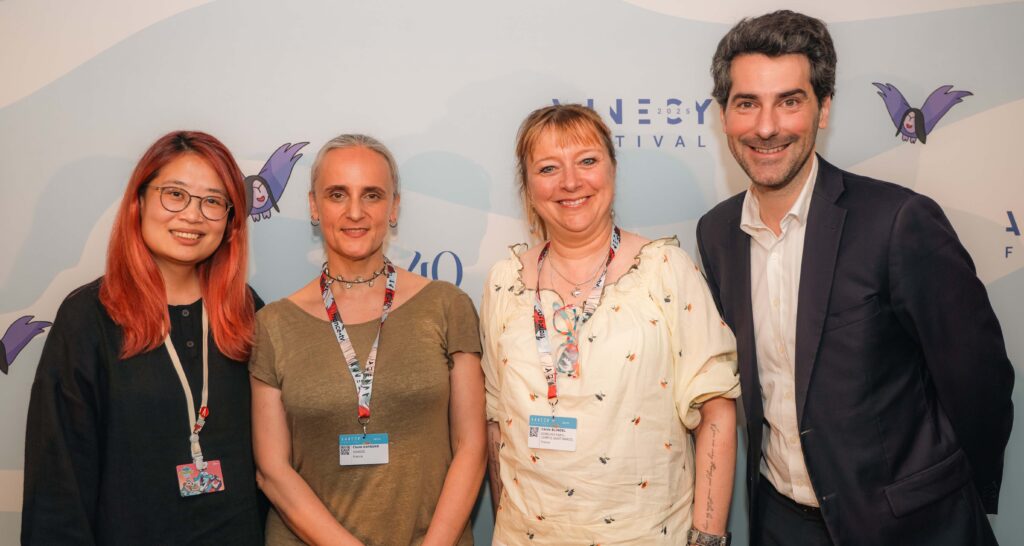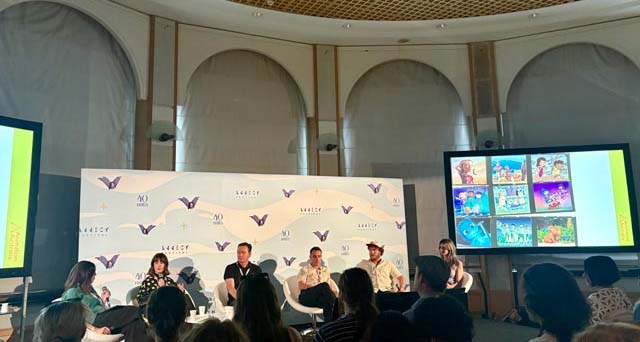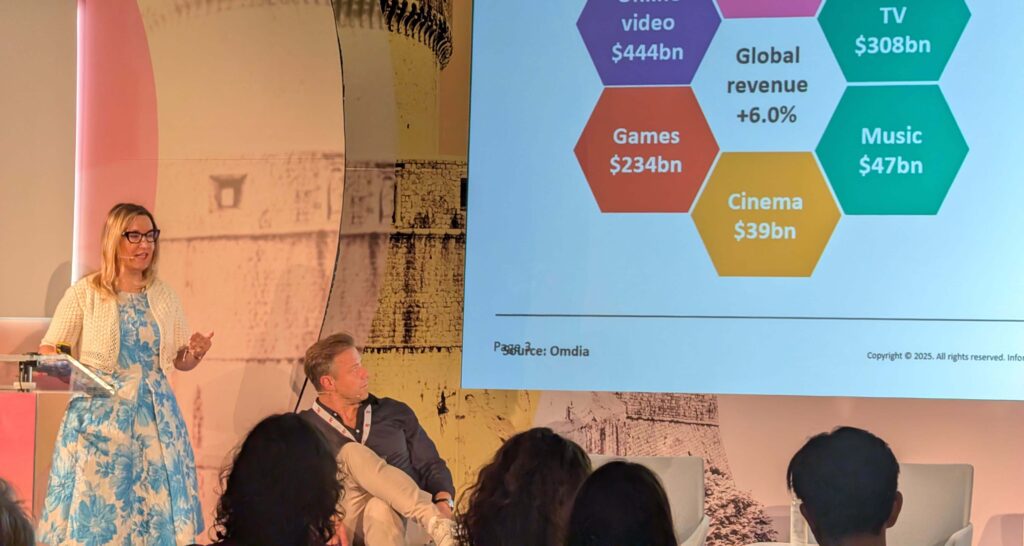Japan’s audiovisual industry continues to experience changes, from Linear TV drops to new streaming players and strategic alliances with foreign companies.

According to a private consultancy firm, the shift from linear FTA to OTT continues, and the PUT (persons using television) which used to be around 35% of the national households until 2020 has fallen by 20% and to below 30% since the second quarter of 2023.
TVer, a common catch-up AVOD platform collectively owned by conventional broadcasters, has seen its download count going up to over 63 million in July (up from 50 million one year before), with over 345 million views registered in April. A show’s performance is now measured not only based on its premiere viewership on the linear service but also the catch-up and other viewing on OTT platforms.
In a country in which a large number of local and international SVOD players compete, M&A slowly progresses. The streaming venture Paravi, co-owned by TBS, TV TOKYO, and WOWOW (the largest premium pay TV service) was folded into U-Next in June, solidifying the latter’s presence as the largest indigenous SVOD platform. In the summer, U-Next also inherited the subscribers of Tsutaya’s SVOD service, as Tsutaya, the largest bookseller and disc rental chain operator, streamlined its business and ceased its rental operation at its flagship store in Shibuya (which overlooks the legendary crossing which is believed to receive over 75 million pedestrians a year), although its rental operation will continue through other outlets and mail.
International cooperation has seen a lot of progress.
- Hulu (owned and operated by Nippon TV without the involvement of the US counterpart) and Disney+ have agreed to bundle their respective services.
- TBS has created a new comprehensive production studio named The Seven with its own VFX room and a movie lot and announced the formation of a strategic partnership with Netflix.
- TBS has also announced an alliance with CJ ENM, the Korean entertainment giant known for the Academy-winning film Parasite.
- Korea’s Studio Dragon which produced Crash Landing on You for Netflix, has created Studio Dragon Japan together with LINE Digital Frontier, a leading webtoon provider.
Webtoon has established itself as an alternative form of comic strip and has become a major source of secondary productions for the big and small screens, following the path paved by manga. Nippon TV, TBS, TV TOKYO and Fuji TV have all joined the trend via various third-party cooperation.
At the theatrical box office, Japanese products continue to thrive. Of the 47 weekends so far, the top slot was occupied 31 times by local fares (of which 16 were animated and 15 were live-action) and 16 times by Hollywood blockbusters.
The most talked-about topic of the year in the entertainment business circle is the sex scandal surrounding the leading talent agency Johnny & Associates (now renamed as Smile Up) specialized in promoting young boys to stardom. Exposed by a BBC documentary, its founder Johnny Kitagawa’s sexual abuse of hundreds of minors over the course of five decades has caused an unprecedented controversy. Allegations were raised that major media outlets, particularly television and magazines, were complicit as they helped in the cover-up of the crimes in front of Kitagawa’s overwhelming power. There was a wave of cancellations of the agency’s talents’ appearance in shows and commercials. The public broadcaster NHK’s year-end music extravaganza «Kohaku Uta Gassen» will have no participants from the agency, for the first time in forty-four years.







